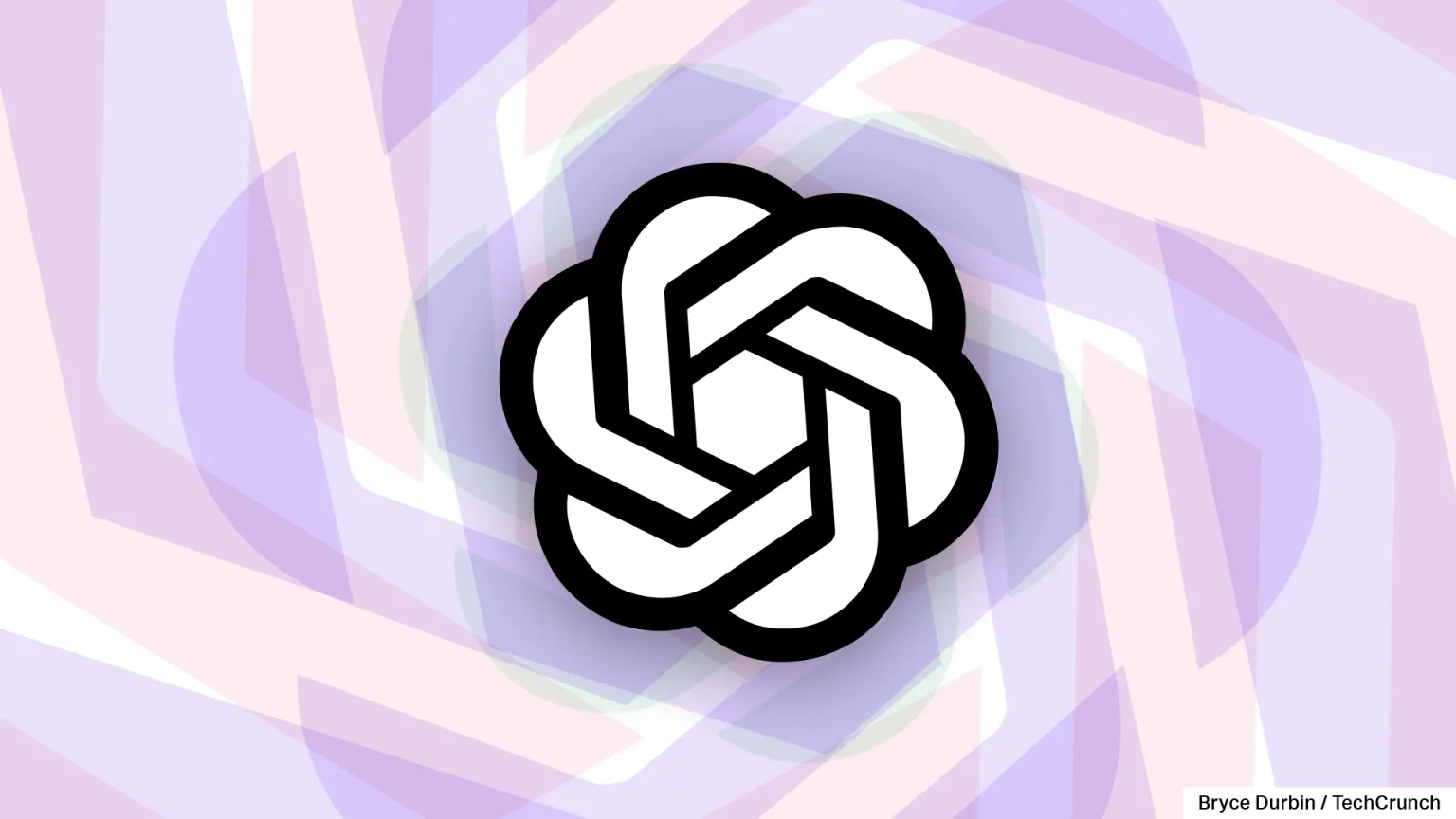An innovative legal move has occurred: a well-known YouTuber has filed a class-action lawsuit against OpenAI, claiming that the AI company unlawfully scraped and used the transcripts of artists’ videos. The case highlights the increasing conflicts between content providers and AI businesses, and it also has wider ramifications for digital copyright and privacy.
Introduction and Setting
Emergence of AI and the Content Industry
With AI’s revolutionary tools, content creators can be more productive and creative than ever before. The usage of copyrighted materials is one area where this technological innovation has caused controversy. These issues have been brought to light by the latest case, which also raises problems regarding the ethical usage of AI in the digital era.
A Look at OpenAI’s Place in the AI Industry
When it comes to creating cutting-edge AI technologies, OpenAI has been at the vanguard. New standards in natural language processing have been set by its language models, such GPT-4. Nevertheless, content providers have taken legal action by challenging the company’s training data acquisition practices.
Crucial Claims in the Case
The Illegal Practice of Extracting Transcripts
Claiming to have violated creators’ IP, the lawsuit claims that OpenAI illegally scraped YouTube video transcripts. According to the plaintiffs, copyright rules were violated and their creative efforts were exploited for financial benefit because their content was utilized without their agreement.
Privacy Rights Violated
The complaint asserts that OpenAI’s activities amount to a breach of privacy rights in addition to copyright infringement. Some perceive the unapproved use of authors’ transcripts as an invasion of their personal digital space, which brings up questions regarding data security and the ethics of AI.
Possible Consequences and Legal Constraints
Copyright and Intellectual Property Regulations
There is a good chance that this case will establish a landmark in IP law. To what degree may AI businesses use publically available content without violating authors’ rights? This will be explored by examining the boundaries of fair use as they pertain to AI training data.
The Effects on AI Research and Policymaking
Stricter rules regulating the use of artificial intelligence in content creation could result from a verdict against OpenAI. To safeguard the rights of creators, AI businesses may be encouraged to acquire training data more openly and ethically.
Ethical AI Practices and Their Broader Digital Ecosystem Implications
This litigation highlights the necessity for ethical AI activities. Companies must make ethical considerations a top priority in their AI operations as the technology develops further, striking a balance between innovation and the rights and privacy of creators.
Partnering with AI Companies and Creators
The legal dispute highlights the significance of encouraging cooperation between content providers and AI firms. By collaborating, we can discover win-win solutions that push AI forward while protecting creators’ rights.
In summary
An important turning point has arrived at the crossroads of artificial intelligence and digital content production with the class-action lawsuit that a YouTuber has launched against OpenAI. A great deal will depend on how this case turns out in terms of privacy rights, AI ethics, and intellectual property law. As this court fight shapes the future of artificial intelligence and content production, everyone involved in the digital ecosystem must keep up with the latest news and actively participate.



































